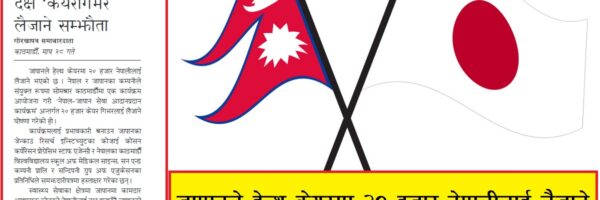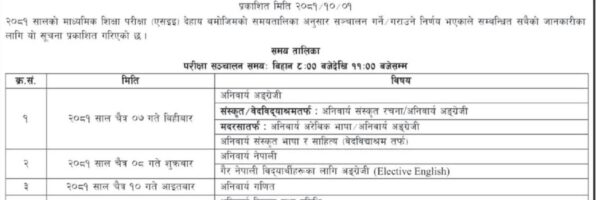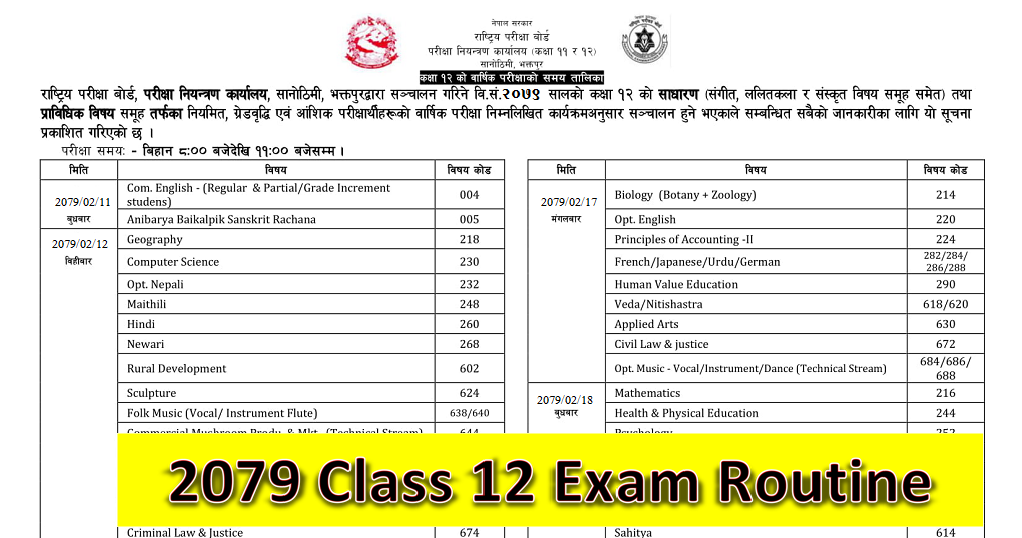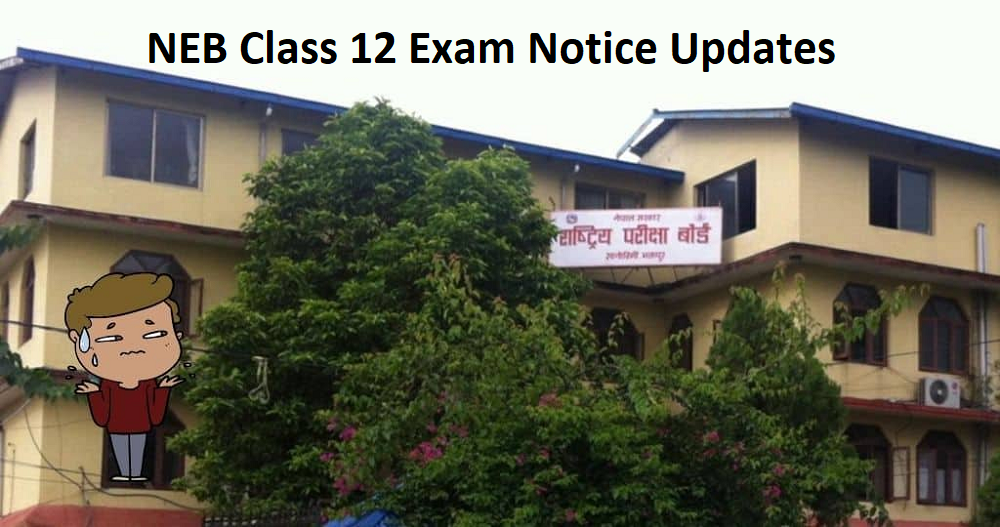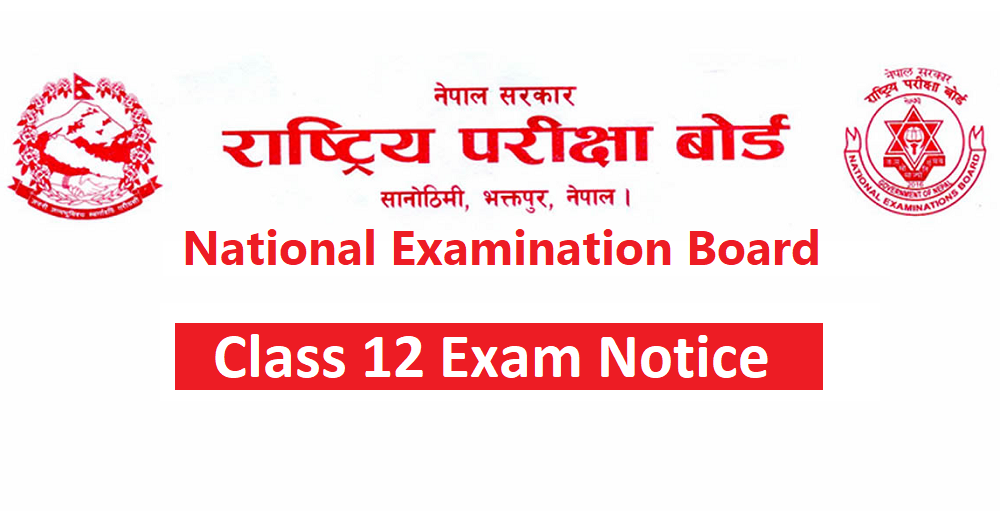Here is Grade XI English practice questions. Grade XI has English as a compulsory subject in their board exam. These questions are strictly based on curriculum of HSEB.
Set I
- a) Put the following words in alphabetical order:
Spectator, speaker spectrum spectra specify species
- b) In which quarter of the dictionary will you find the following words? (0.5×4=2)
- i) paint ii) kitchen iii) vehicle iv) exception
- a) Find the correct Guide-words for the following:
(i) epilepsy (a) epidemic / equal
(b) epileptic / equally
(ii) jerk (a) jersy / jigsaw
(b) jelly / jewel
- b) Put the following words in the correct order to make suitable sentences:
- i) sense / people / an / have / blind / excellent / of / smell /
- ii) Frightened / calm / Charlie / the / tried / to / children /
iii) does / her / have / what / she / hand / in / ?
- Compose a dialogue between two friends talking about the need to keep the 10+2 compound clean and good looking.
- Answer the following questions: (any two)
- i) How does the essayist depict the catastrophic state of life without fuel?
(The Nightmare Life without Fuel)
- ii) Narrate the story of “The Loving Mother”
iii) Sketch the character of Malini with reference to the poetic play “Malini”.
- Answer the following questions: (any three)
- What is the mysterious dream Kimberly Clark dreams of? (The Recurring Dream)
- What changes did the poet see in the poplar field when he came back after twelve years?
(The Poplar Field)
- What are the features of migraine headaches? (In Bed)
- Explain the paradox in the statement “The Child is Father of the Man” (My Heart Leaps Up When I Behold)
Group: ‘B’
- Rewrite these sentences, beginning with the words given, so that they mean the same.
- He climbs mountains quite a lot. He does ———————-.
- Sudipti advised me take an aspirin. Sudipti suggested ————.
- I haven’t seen them for three years. It’s ——————————.
- The miners probably won’t go on strike. I doubt if ——————.
- The au pair girl is looking after the children. The children ————–.
- Add a spontaneous decision to these remarks. Make sure you’ve used a different expression each time to start your decision.
- I’m getting much too fat.————————–
- I really must try and get rid of this cough.——————–
- I hope she remembers to come to my school.——————–
- Meat is getting so expensive.———————
- Most friends of mine are well prepared for their board examinations.————–
- Complete the following sentences so that they mean the same as the question sentences.
- He earns Rs. 5000 a month but he spends Rs. 5500 a month.
He doesn’t earn —————————————————-.
- That cheese smells terrible but it tastes very good.
That cheese tastes much ———————————————–.
- She doesn’t sound very friendly on the telephone, but she’s really extremely friendly.
She is ————————————————————-.
- He goes running every morning, and he plays badminton twice a week.
He ——————————————————————-.
- My mother bought three kilos of sausages, but we only needed two.
————————————————————————
- Fill in the gaps with in, on or at.
- There’s a skylight ——– the roof of the house.
- There’s a hole ————- his sweater.
- She spent the day sunbathing ————- the swimming pool.
- There is a beautiful town ———- the lake.
- Kissu was born ———– Friday morning.
- Answer any two of the following questions in about 200 words each.
- Write a short story ending ‘I never saw her again’.
- Write a letter of job application for the post of food engineer including information about what you are good at.
- Write an essay on the title of ‘What a country should be like’.
- Read the following passage and answer the questions given at the end of it:
On 2 April 1973, Dr R. S. Griffiths, of Manchester University, was walking home when a solid object crashed into the street only three metres away from him, smashing into several pieces. It was a solid block of ice, and, as a scientist, Dr Griffiths immediately realized its significance. He picked up the largest piece and ran home to put it in his deep-freeze; as a result, it became the best-studied example of a phenomenon so far unexplained by science.
Dr Griffiths’ ice-block was not particularly big – 612 grams – but there are countless recorded examples much larger than that, all of them much larger than the heaviest hailstones, which rarely weigh more than 200 grams. These ice-blocks have smashed through the roofs of houses, dented the metal of cars, and even killed sheep.
Griffiths demonstrated scientifically that his block could not have been a large hailstone. Nor could it have dropped from a passing aircraft, as the flight records of the only two aeroplanes in the area showed.
Nine seconds before Griffiths’ block fell; there had been a stroke of lightning. Might these large ice-blocks, then, be produced by lightning? Or could they come from space? Scientists at the Drexel Institute in the USA concluded that ‘the large chunks of ice which have fallen could not have been meteorological in origin’, while scientists at Colorado University said that though there could be ice out in space, such blocks of ice probably couldn’t survive the intense heat when entering our atmosphere.
The usual explanation that ice-blocks ‘must have fallen from airplanes’ applies only in a few cases: all modern planes have automatic de-icing equipment, and in any case there are many reports of huge blocks of ice from pre-aircraft days.
Another interesting example of an ice-fall happened in Timber Ville, Virginia on 7 March 1976. At about 8.45 p.m., three people were watching television when a loud crash shook their house and a block of ice the size of a basketball smashed through the roof and a ceiling and ended up in the living room. And as if someone up there was giving a repeat performance, 20 seconds later another ice-block crashed to the ground less than 50 meters away.
These falls were explained, after an official investigation, as being drinking water that had leaked from a plane, frozen on the fuselage, and broken off in 5 – 6 kilo pieces. In fact, it was a clear night, there were no planes in the sky, and the source of the blocks must, logically, have remained still in the sky for 20 seconds. Despite all such ‘explanations’, the problem of where such large blocks of ice can come from remains absolutely unsolved.
Questions:
- ‘a phenomenon so far unexplained by science’ (line 10). What phenomenon is the writer referring to?
- What two conclusions did Dr Griffiths come to about the ice-block he had found?
- What was the official explanation for the Timberville ice-blocks?
- In rejecting the official explanation of the Timberville ice-blocks, what facts has the writer furnished and mentioned in the passage?
- Why do you think the writer has chosen to bring forth the falling of the ice-blocks in Manchester?
Set II
- (a) Put the following words in alphabetical order:
Hypnosis, hyphenate, hydrocarbon, hypnotize, hydrology, hyena
- Rewrite these words, correcting any spelling errors if necessary:
( i ) occured (ii) nineth (iii) accomodation (iv) decieve
- (a) Choose the correct Guide Words for each word:
(i) hazard (a) hitch/hog
(b) haughty/ he
(ii) despite (a) despondent/devise
- desolate/devious
- Complete the following sentences by choosing the correct word from the pairs given in
brackets: - Don’t get off the bus until it is ……………..(stationery/stationary).
- Sally was………………(sensible/sensitive) enough to carry an umbrella during the monsoon period.
- I’m sorry but your handwriting is ………………(eligible/illegible).
- Write a letter to your foreign pen-friend describing your future plan after ten plus two exam and how you
will achieve it. - Answer any two of the following questions:
- Sketch the character of Phoenix Jackson with reference to the trip she makes to Natchez. Support your answer with evidence from the text. (A Worn Path)
- What changes has the poet witnessed after the destruction of poplar trees? What do you think the poet is appealing for in the poem? (The Poplar Field)
- How does Barbara Holland express her personal feelings about having many children? (Speaking of Children…)
- Answer any three of the following questions:
- Why was the doctor filled with bewilderment when Elda told him that her daughter died in September? (The House Call)
- Explain the daughter’s attitude to marriage.( Look at a Teacup)
- List any three major problems the world will be facing with the scarcity of fuel. Describe.
(The Nightmare Life without Fuel)
- Would you call Supriya a betrayer? Give reasons for your answer based on the poetic play ‘Malini’.
Group: ‘B’
- Rewrite the sentences below so that they mean the same. Begin with the words given:
- The au pair girl is looking after the children. And the children ———-
- I don’t mind how long you stay. You can —————————–
- The last time my eyes were tested was in 2008. I haven’t —————
- I don’t think I will go for a walk. Maybe I ———————.
- I haven’t bought any food for three weeks. It’s three weeks —————–
- Add an explanation to each of the remarks below saying what is happening. Make sure there are as many as three different ways of saying the same and you are expected to use them alternatively.
Example: You’d better hurry up and eat that ice-cream:
There’s someone waiting for you at the door.
- Don’t go out in your sandals:
- Could you answer the door:
- Don’t switch the radio off:
- Pass me a paper handkerchief:
- There’s no need to worry about the children:
- Supply a suitable preposition of location (in, on, or at) to fill in the blank spaces below. You must rewrite the sentences in your answer booklet:
- There’s a skylight ———- the roof of the house.
- She spent the day sunbathing ——— the swimming pool.
- There are new traffic lights ———- the crossroads.
- The jug has got a crack ———– the handle.
- Study the worked out example first and have similar conversations for the following:
Example: A: He works hard, doesn’t he?
B: Oh I don’t know. I work much harder than he does.
A: Of course- nobody works as hard as you do.
- He gets up early, doesn’t he?
- She played well, didn’t she?
- They can run fast, can’t they?
- She behaved badly, didn’t she?
- They live dangerously, don’t they?
- Answer any two of the following questions in about 250 words each:
- Write part of a newspaper article saying how much worse life is now than it was some 50 years ago.
- Prepare a letter to a relative of yours, asking for a loan, and explaining why you need the money.
- Write a brief geographical description of your country. Include only important and interesting information.
- Read the following passage carefully.
The Asiatic one-horned rhinoceros is one of the most endangered mammal species in the world. Once found throughout Sough Asia, its present world population stands at about 2,618. Nepal is home to around 612 rhinos divided among Chitwan National Park, Bardia Wildlife Reserve and Shukla Phanta Wildlife Reserve. Of the total rhinos in Nepal, 544 are in Chitwan according to the census conducted in May 2000.
Due to the demand for rhino horn and various other body parts of the animal in the international market, poaching of rhinos has been a great challenge to conservationists. The Chitwan National Park is defended by a Nepalese Army Unit in addition to the forest guards. However, their presence has not deterred poachers from infiltrating into the preserved forest areas and killing the rhinos. Therefore the present enforcement measures need to be made even more effective in light of the periodic reports of poaching of rhinos.
The government and other conservation groups must consider proposals like fencing of the protected forest reserves. This would prevent animals from escaping and would keep intruders out. Besides, if tracking sensor devices were attached to the rhinos this could help study their movements and habits.
Nepal should mobilize both its domestic resources and seek external assistance in its conservation efforts. To preserve the rhinos Nepal should work in conjunction with such international conservation groups like the World Wildlife Fund for Nature. The main thrust should be to discourage the demand for rhino body parts in the international market. The Chinese traditional medicine practice of using endangered animal body parts should be positively discouraged by an international campaign.
Now answer the questions in your own words from above Grade XI English Passage
- In which area of Nepal do the majority of the rhinos live?
- Explain why people might want to kill rhinos.
- What can be done to make it safer for the rhinos in the national reserves of Nepal?
- Mention what idea is suggested to make it possible to find out more about the rhinos?
- How could the WWF help to protect the rhinos in Nepal? Use your own words to explain.
